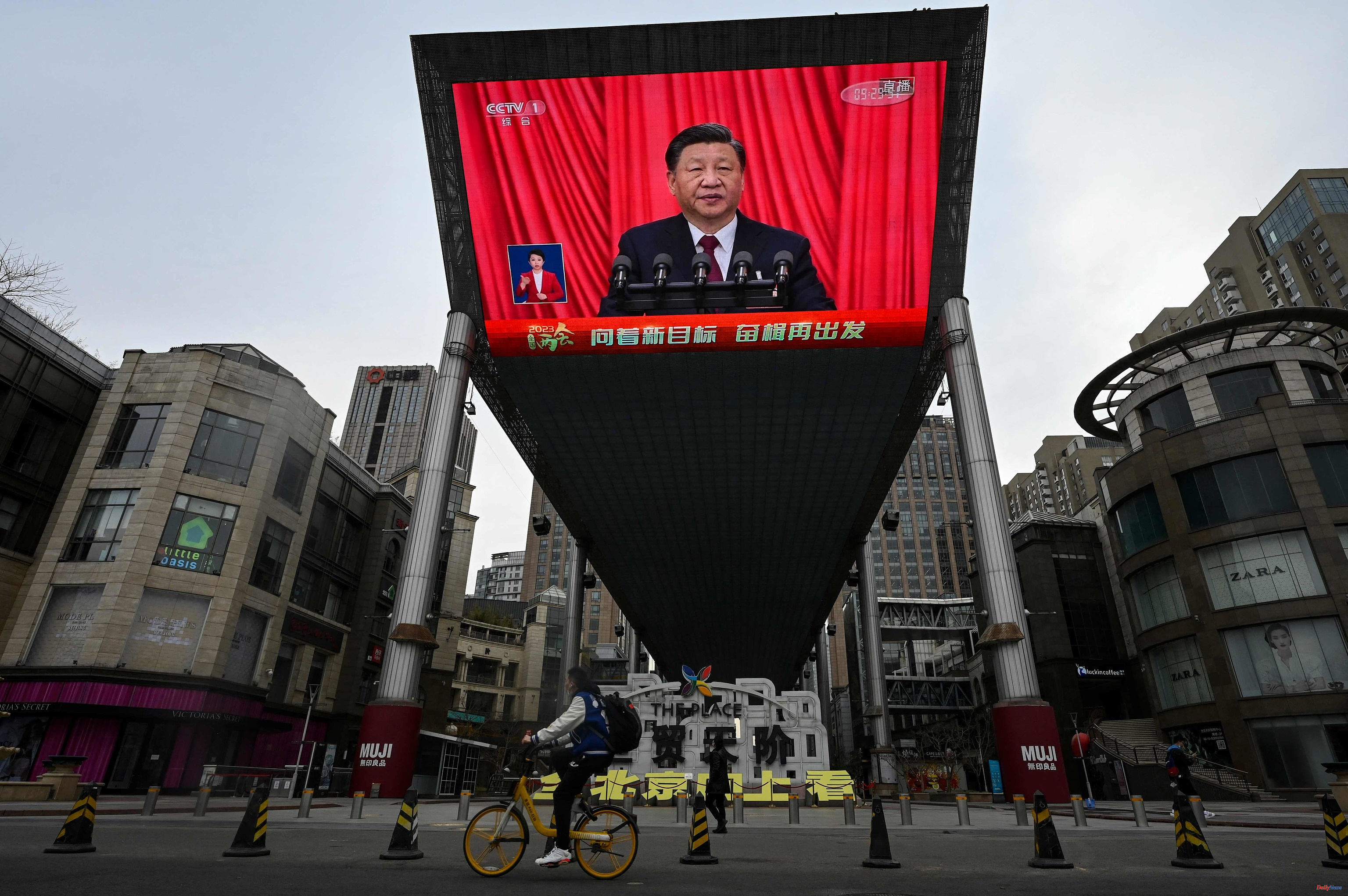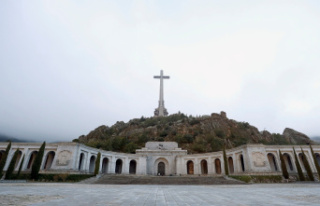"High-quality democracy in China has enabled the country to achieve rapid economic development and long-term social stability despite the impact of the pandemic. There is no one-size-fits-all model of democracy, nor is there a single right way for others emulate it. Democracy should not be privatized, labeled or politicized. China's socialist democracy is brimming with vitality as it reflects the will of the Chinese people."
This is how Xinhua, China's official news agency, starts an editorial to sell that the "democracy" of his regime is the one that works best. As an example, he gives the annual legislative session that concluded on Monday with a reinforced Xi Jinping at the head of an unprecedented third term, a dance of chairs in the Executive at the whim of the leader, and the approval of various reforms, such as an amendment to the regulations that governs how laws are enacted. Parliament's highest body will now have special powers to pass laws after a single review session, skipping the previous precept of multiple meetings that lengthened the entire process.
"Unlike some Western countries where chaos and tensions caused by political party bickering, polarization or racial issues are common, China's great political event is a peaceful and unified gathering where diverse voices are heard and respected." , the Xinhua report continues. Those voices are those of almost 3,000 deputies from all parts of the country who participate in a great theater where they vote on what the elite of the omnipresent Communist Party has decided beforehand.
Chinese democracy is that Xi Jinping, the leader who abolished term limits without opposition, is re-elected president with 2,952 votes out of 2,952 possible. Or that, to simulate that there is room for disagreement in the Tiananmen chamber, there are three votes against and eight abstentions during the appointment of the prime minister.
Chinese democracy is one in which the propaganda agency of the Communist Party needs an illegal VPN in their country to jump the Great Firewall and post on the censored Twitter the English version of their letter boasting of an imaginary -beyond the colorful photo of every year- pluralism and legislative consensus.
Chinese democracy is that at the end of the closing of the National Popular Assembly (APN), the new premier holds a press conference where the few questions that are allowed have been previously agreed and filtered. And that, in the open sessions for the press throughout the week of meetings in the Great Hall of the People, only a small number of foreign correspondents have been accredited.
They claimed "pandemic restrictions" and few places because the government had invited a large group of journalists from developing countries to Beijing who know that they will later have to write about the kindness and generosity of the Asian giant. Several international media outlets with offices in Beijing have been banned from the Chinese Parliament. An unprecedented lock.
This year's assembly, in addition to the official confirmation of Xi as president and head of the armed forces, as well as a major shakeup in key government posts, has set the agenda for the pursuit of technological self-sufficiency and modernization of the army. . This last point, above all, was the one Xi weighed in on Monday during his closing speech. The leader called for efforts to advance "national defense modernization" and the need to turn the armed forces into a "Great Wall of steel to protect China's sovereignty and national interests."
In the 15 minutes he devoted to the final address, Xi was also reminded of Taiwan, the self-ruling island that Beijing views as a breakaway province. "We should actively oppose the outside forces and secessionist activities for Taiwan's independence. We must unswervingly advance the cause of national rejuvenation and reunification," he proclaimed. Unlike other speeches, where he used to add the tagline that reunification with Taiwan would be carried out by force if necessary, this time the president emphasized "promoting the peaceful development of cross-strait relations."
Xi Jinping, due to the signals he has been sending during the political event, ventures as the supreme leader of an increasingly closed and authoritarian China at home, while outside he seeks to stretch his alliances and establish himself for many countries as the reference to continue in opposition to the order led by the United States. The last blow on the table for Beijing was to become the mediator who on Friday managed to get Iran and Saudi Arabia to restore diplomatic ties.
The next stop may be to press Russia to adhere to the peace plan promulgated by the Chinese regime for the ceasefire in Ukraine. According to Reuters, Xi Jinping is considering traveling to Moscow next week to meet his associate Vladimir Putin.
According to the criteria of The Trust Project












